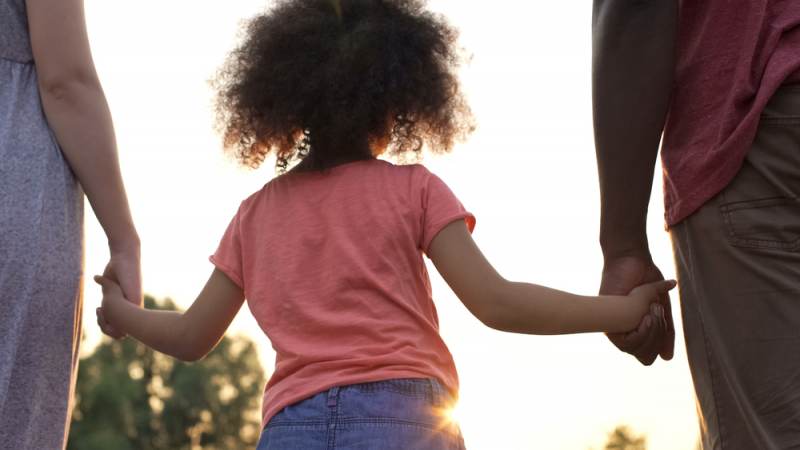The notion that both parents should assume equal responsibility in raising a child emphasizes the importance of shared parenting and the equitable distribution of caregiving tasks between mothers and fathers. This approach challenges traditional gender roles and promotes a more balanced and supportive environment for both parents and children.
Both parents do pamper the child because equal involvement from both parents helps provide emotional support, role modeling, and a sense of security for the child. Moreover, promoting equal parental responsibility challenges gender stereotypes and promotes a more equal division of labor at home. This sets a positive example for children about the importance of shared responsibilities and respect between partners.
Additionally, equal sharing of parenting responsibilities allows both parents to balance their careers and family life more effectively. It reduces the burden on one parent and allows both partners to continue pursuing their professional goals.
What’s more, when both parents are actively involved in child-rearing, it creates a stronger parent-child bond. Children benefit from diverse perspectives, experiences, and interactions with both their mother and father.
Both fathers and mothers bring different strengths and perspectives to parenting. Equal involvement provides an opportunity for parents to develop a broader range of parenting skills and approaches. Shared parenting, too, alleviates the stress of one parent being solely responsible for childcare. It fosters a sense of teamwork and support between partners. Many countries across the globe are recognizing the importance of equal parental involvement and are implementing policies such as parental leave, flexible work arrangements, and shared custody options.
Lastly, children who grow up seeing both parents actively involved in caregiving are more likely to develop healthy attitudes toward relationships, gender equality, and family dynamics. Therefore, it’s crucial to acknowledge that each family’s circumstances are unique, and the ways in which parents share responsibilities may vary.
The actual goal is to create an environment where both parents have the opportunity to be actively engaged in their child’s upbringing, ensuring the child’s well-being, promoting gender equality, and supporting the overall growth and development of the family unit.
📍 English Language Educator | Blogger & Content Strategist | 7+ Years in Educational Blogging
Nosheen Bashir is a dedicated English teacher and experienced blogger with over seven years of expertise in content creation and educational writing. Passionate about language, literature, and effective communication, she combines her teaching experience with blogging skills to create insightful, research-backed content that helps learners and educators alike.
🔹 Expertise & Achievements:
✔ English Language Education: A skilled educator with years of experience in teaching English grammar, literature, and communication skills to students of varying levels.
✔ Educational Blogging: Running a successful blog for 7+ years, delivering well-structured, engaging content on language learning, writing techniques, and academic success.
✔ SEO & Content Strategy: Specializes in creating high-ranking, authoritative articles that follow Google’s EEAT principles, ensuring content that is both informative and search-friendly.
✔ Student-Centric Approach: Committed to making English easier, engaging, and accessible, helping readers and students improve their language proficiency.
🚀 With a passion for teaching and writing, Nosheen Bashir is dedicated to crafting educational content that empowers students, teachers, and language enthusiasts worldwide.






